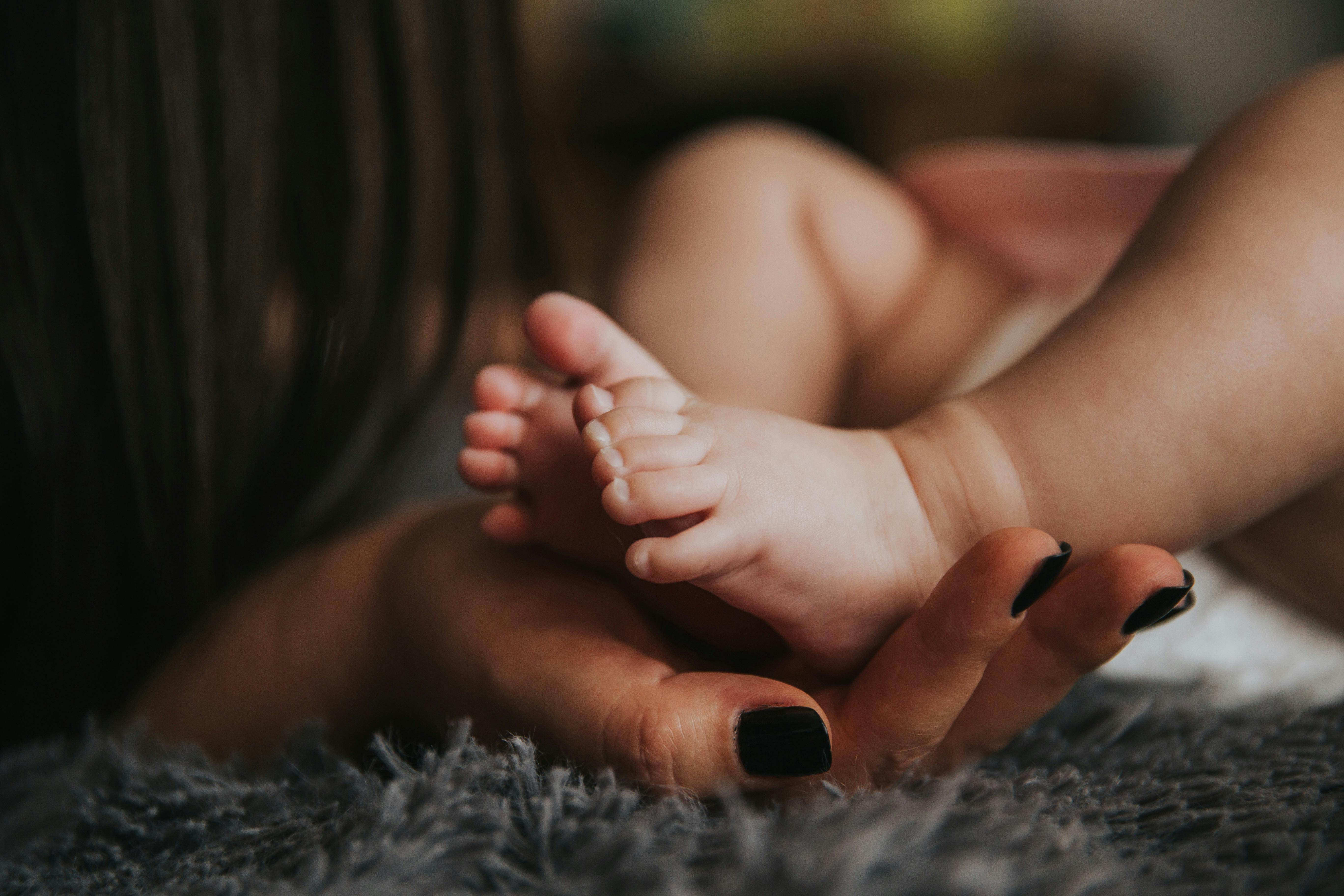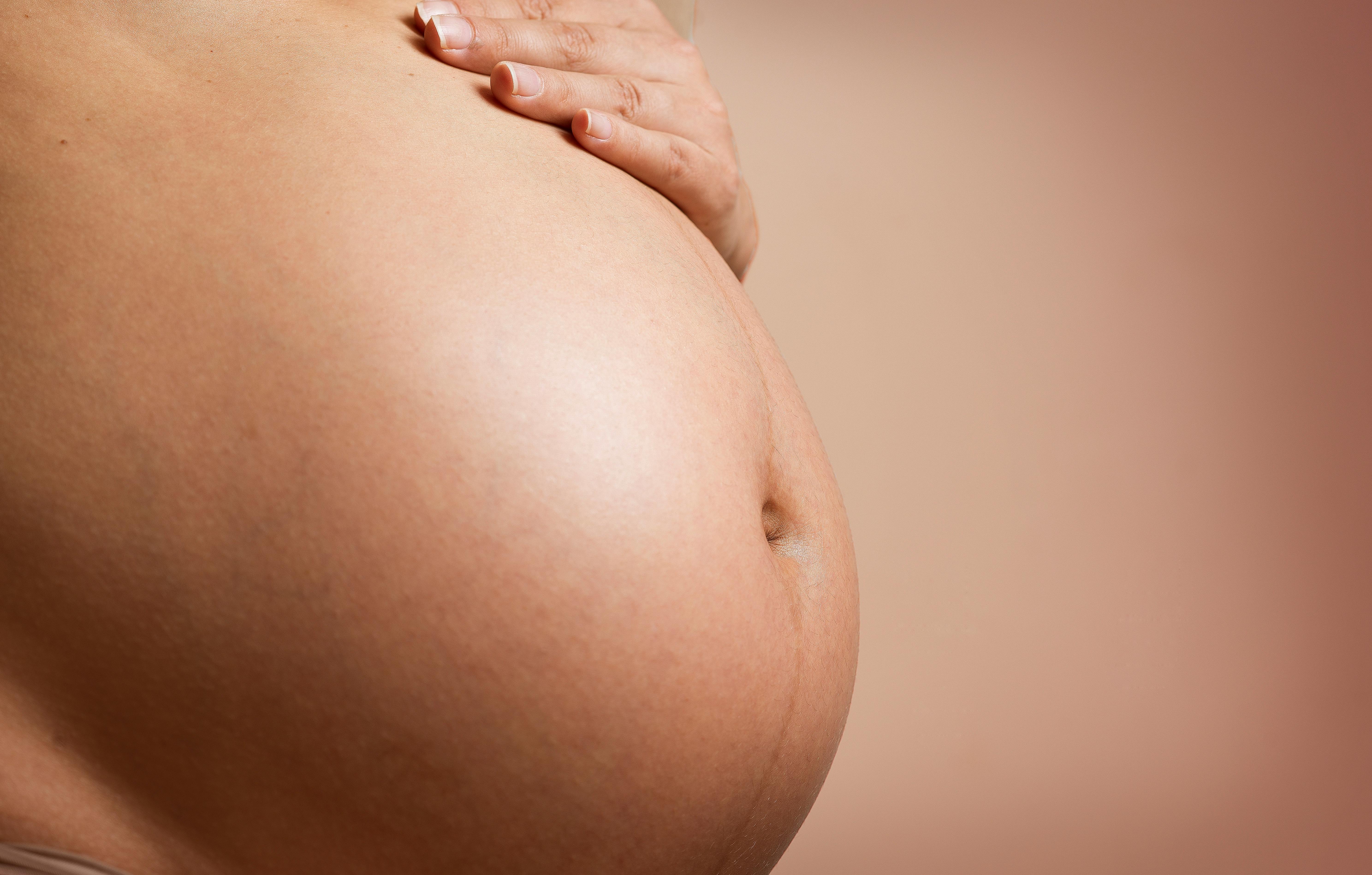Have you ever seen a baby bunny and wanted to reach out and pet it? It’s natural to want to cuddle up with these adorable, fluffy creatures. But before you do, it’s important to know if it’s safe for you and the bunny. In this article, we’ll explore the answer to the question “Can I touch baby bunnies?”No, it is not recommended to touch baby bunnies. Baby bunnies can easily become stressed and their health can be negatively impacted if they are handled too much or in the wrong way. If you need to handle a baby bunny, do so gently and with clean hands.
Is It Safe to Touch Baby Bunnies?
Though baby bunnies are irresistibly cute, it is important to remember that they should not be handled without the proper precautions. Wild baby bunnies should never be handled, as this can cause them great stress and even death. If you come across a nest of wild baby bunnies, it is best to leave them alone and contact a wildlife rehabber for advice.
Domesticated baby bunnies can also be delicate creatures and require special handling. In general, it is best to wait until they have reached at least 8 weeks of age before handling them. At this stage they will have developed immunity to most diseases that they may have been exposed to from their mother’s milk or environment. It is also important that you thoroughly wash your hands and wear clean clothes before handling the baby bunny, as you could transmit bacteria or other pathogens that may be harmful to the bunny.
When handling a young bunny for the first time, it is important to keep in mind that rabbits can easily become scared or stressed so you should make sure not to startle them by making sudden movements or loud noises. You should always pick up the bunny gently and firmly supporting their torso with both hands and allowing their hind legs and tail to hang down naturally. Never pick up a rabbit by its ears or hind legs as this can cause pain or injury. In general, it is best to keep handling sessions short and sweet so that the bunny does not become overwhelmed or stressed out.
To ensure that your pet bunny remains healthy and safe, it is best to limit contact with other animals if possible. It is also important to provide a clean living environment free of bacteria or other infectious agents that could harm your pet. By following these simple steps you can ensure that your pet rabbit remains healthy and happy for many years!
What Are the Risks of Touching Baby Bunnies?
Touching baby bunnies can have serious health and safety risks for both the bunny and the person interacting with them. Bunnies are delicate animals and their immune systems are not as strong as other animals, making them more susceptible to disease. They can also transmit diseases to humans through their fur, saliva, or urine. It’s important to always wash your hands after handling baby bunnies to avoid the spread of any germs or bacteria. In addition, bunnies have sensitive skin and can easily become injured if handled too roughly or if their fur is pulled on.
Baby bunnies are especially vulnerable since they are not used to being touched by people and can become easily stressed out. If a baby bunny is scared, it may try to escape by scratching or biting the person touching it. It’s important to always use slow movements when interacting with a rabbit so that you do not startle them. Additionally, never attempt to pick up a baby bunny unless it is necessary for medical care or transportation purposes.
It’s also important to remember that bunnies require special care and should only be handled by those who understand proper rabbit care techniques. If you decide to interact with a baby bunny, make sure that you are knowledgeable about how rabbits should be handled and cared for in order to ensure the health and safety of both you and the rabbit.
How to Handle a Baby Bunny Properly
When it comes to handling a baby bunny, it is important to remember that they are delicate and can be easily injured if not handled properly. It is important to take your time and be gentle when dealing with a baby bunny. Here are some tips on how to handle a baby bunny properly:
Gently Pick Up the Bunny
When picking up the bunny, you should always use two hands, one supporting their body from underneath and the other hand supporting their bottom. Make sure that you are supporting their back legs and chest when lifting them. Avoid picking them up by their ears or scruff of the neck as this can cause injury.
Place Bunny in a Safe, Secure Area
Once the bunny is picked up, it should be placed in an area that is safe and secure. This could be on your lap or on a soft bed or blanket – just make sure that there is enough room for them to move around without feeling cramped or vulnerable.
Be Gentle When Stroking
When stroking the bunny, always use gentle strokes with the palm of your hand rather than your fingers which can cause discomfort. You should also avoid stroking around sensitive areas such as the nose and ears as this can startle them.
Never Hold Bunny Too Tightly
You should never hold the bunny too tightly as this can cause distress and restrict their breathing. Always let them move freely so they don’t feel restricted or uncomfortable in any way.
By following these simple steps when handling your baby bunny, you will ensure that they stay safe and secure while in your care. It is also important to remember that each rabbit has its own individual personality so it’s important to take time getting to know them before handling them too much or too roughly.
How to Tell If a Baby Bunny Is Healthy
A baby bunny is a bundle of joy, but it is also important to make sure that they are healthy. Knowing how to tell if a baby bunny is healthy can ensure that they stay happy and healthy. The first thing you should look for is signs of illness such as sneezing, runny eyes or nose, or any other signs of illness. If any of these symptoms are present, then it’s best to take the bunny to the vet as soon as possible.
Aside from physical signs, you should also check the bunny’s diet and make sure they’re eating enough. A healthy diet should consist of hay, fresh vegetables, and some pellets. Avoid giving them treats or table scraps as this can lead to health problems down the line.
Another sign of good health in a baby bunny is their coat. It should be glossy and smooth, with no bald spots or patches. You should also look out for any lumps or bumps on their fur which could indicate parasites or an infection that needs treating. Additionally, inspect their ears for mites or wax buildup which can lead to infection if left unchecked.
Finally, make sure your bunny has plenty of energy and is active during playtime. If your bunny seems listless or sluggish, then this could be a sign that something isn’t right and they need medical attention right away.
Overall, keeping an eye on your baby rabbit’s physical condition and behavior can help ensure they stay healthy and happy for years to come!

What Should I Do If I Find A Baby Bunny?
If you find a baby bunny, the first thing you should do is to assess the situation and determine whether it is injured or in need of assistance. If the bunny looks healthy and alert, it may have been left by its mother and she will likely return to care for it. In this case, you should leave the bunny alone and monitor it from a distance to ensure its safety.
If the baby bunny appears to be injured or in distress, you should try to contact a wildlife rehabilitator or animal rescue group as soon as possible. They will be able to provide medical care for the bunny if necessary and can also provide advice on how best to help the animal.
It is important not to handle or attempt to take care of a wild animal yourself unless you are properly trained and experienced in doing so. Wild animals require specialized diets, housing, and medical care that can only be provided by an experienced wildlife rehabilitator.
If you find a baby rabbit nest with several bunnies inside, it is best to leave them alone unless they are obviously in distress or injured. The mother rabbit will normally return at night and take care of her young. If there are no other signs of distress, then monitoring from a distance is often enough to ensure that they remain safe until their mother returns.
It is important not to interfere with wild animals unnecessarily as this can cause them more stress than good. If you think that an animal needs help, make sure that you contact an experienced wildlife rehabilitator before attempting any intervention yourself!
How Can I Tell If a Baby Bunny Is Unwell?
Knowing the signs of an unhealthy baby bunny is important so that you can get them the right help as soon as possible. There are a few key signs to look out for that may indicate your bunny is unwell.
Firstly, observe your bunny’s behavior, as changes in their usual routine can be one of the first signs of illness. If your bunny is usually active and playful, but is now lethargic or listless, it could be a sign of illness. Poor appetite and weight loss are also common symptoms, and should be taken seriously.
Secondly, watch out for any physical changes to your bunny’s appearance or behavior. Check their eyes, ears, nose and fur for any discharge or unusual lumps and bumps. An unkempt coat can also be a sign that something is wrong – if your bunny is unable to groom itself properly, it could indicate an underlying health issue.
Finally, take note of any changes in bathroom habits – if they are not producing droppings or urine regularly they may have a problem such as bladder stones or digestive issues. Also keep an eye out for any diarrhea or constipation which could be a symptom of more serious health issues such as E-cuniculi or GI stasis.
If you suspect that your bunny is unwell then it’s important to take them to the vet as soon as possible for diagnosis and treatment. With prompt care you can help ensure that your furry friend remains happy and healthy!
Signs of a Healthy Baby Bunny
A baby bunny is a wonderful addition to any home, and it is important to ensure that the bunny is healthy. There are several signs that indicate the presence of a healthy baby bunny.
The first sign of a healthy baby bunny is their overall appearance. A healthy baby bunny will have bright, clear eyes, clean fur, and no signs of parasites such as mites or fleas. Their ears should stand erect and be free from any discharge. In addition, the fur should be full and not patchy or thin.
The second sign of a healthy baby bunny is their behavior. A healthy baby bunny will be active and alert, playing with toys and interacting with people in its environment. They should also eat consistently throughout the day and have regular bowel movements that are well-formed and not runny or overly dry.
The third sign of a healthy baby bunny is their weight. A healthy baby bunny’s weight should remain consistent over time; sudden changes in weight could indicate an underlying health issue that needs to be addressed by a veterinarian.
Finally, a fourth sign of a healthy baby bunny is their attitude towards humans. A happy, curious rabbit will happily approach humans for interaction and enjoy being petted or held without fear or anxiety. If the rabbit appears skittish or scared when approached, this could indicate an underlying health issue that needs to be addressed by a veterinarian as soon as possible.
By paying attention to these four signs of health in your baby bunny, you can ensure that they stay happy and healthy for years to come!

Conclusion
In conclusion, it is not recommended to touch baby bunnies as their delicate skin and fur can be easily damaged. If you find a wild baby bunny, it is best to leave it alone and monitor the situation from a distance. If you are sure that the bunny has been abandoned or injured, contact your local wildlife rescue for help.
It is important to remember that pet bunnies should always be handled with care and supervised at all times when interacting with children or other animals. With proper care, attention, and diet, bunnies can make wonderful companions and bring joy to many households.
Finally, remember that baby bunnies need plenty of time to rest and play in order for them to develop into healthy adults. A well-socialized bunny will be active, friendly, and full of energy!




